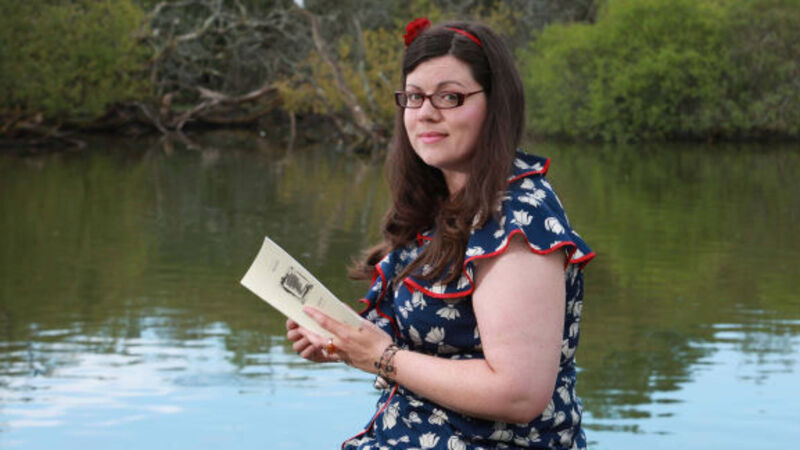Giving a voice to forgotten women poets

Supporting herself through youth work as well as being writer-in-residence at Tigh Filí in Cork, D’Arcy’s gamble to become a writer has paid off. Not that she is materialistic but she now has the freedom to concentrate on writing having been granted an award worth €94,000 by the Irish Research Council (IRC) which will be paid out over the next four years, covering university fees, accommodation expenses, writing equipment and expenses for attending literary festivals.
Having completed an MA in UCC’s English department on Irish women poets writing in the 1930s and 1940s, D’Arcy is now going to explore the topic further, using long-form poetry, for her doctorate at the university’s creative writing department, introduced last year. D’Arcy will be the first scholar to undertake a creative writing PhD at the new department.











